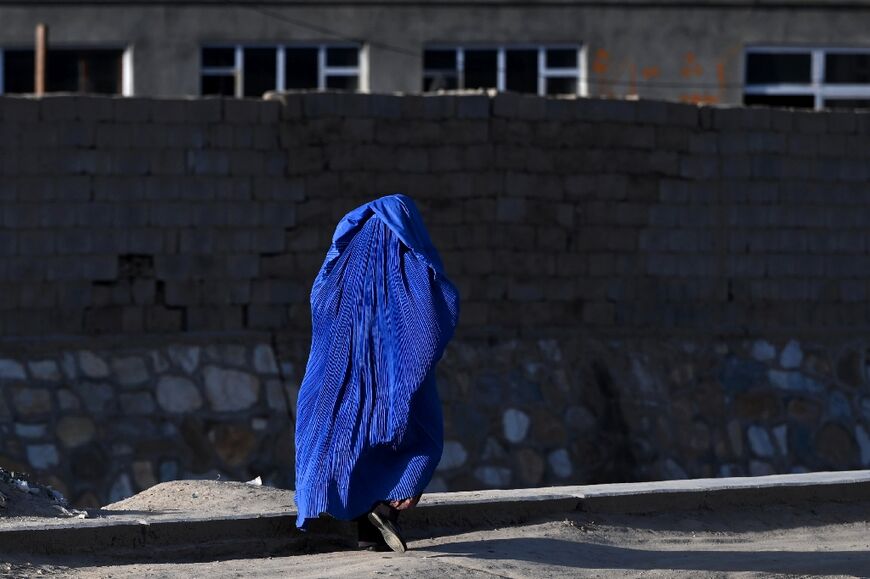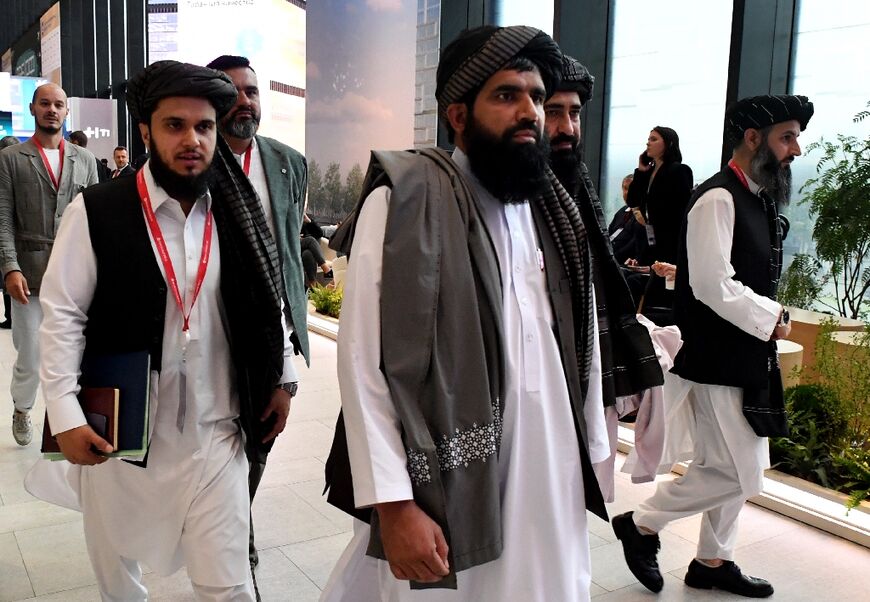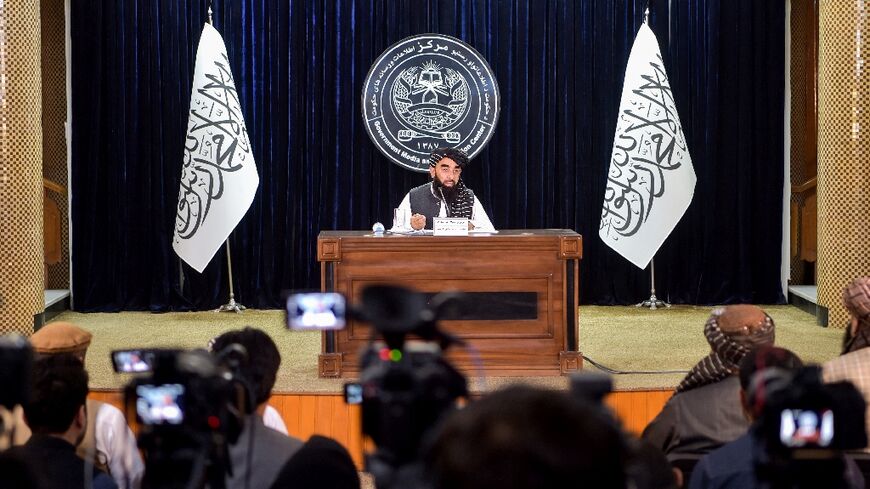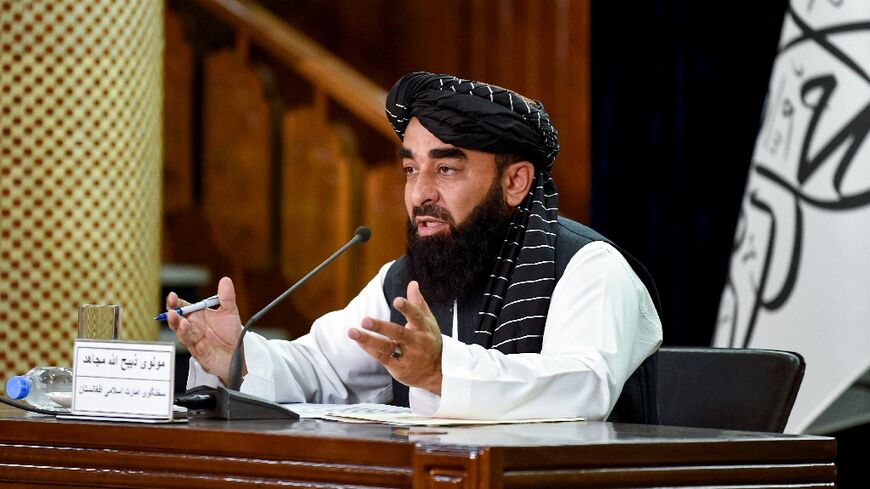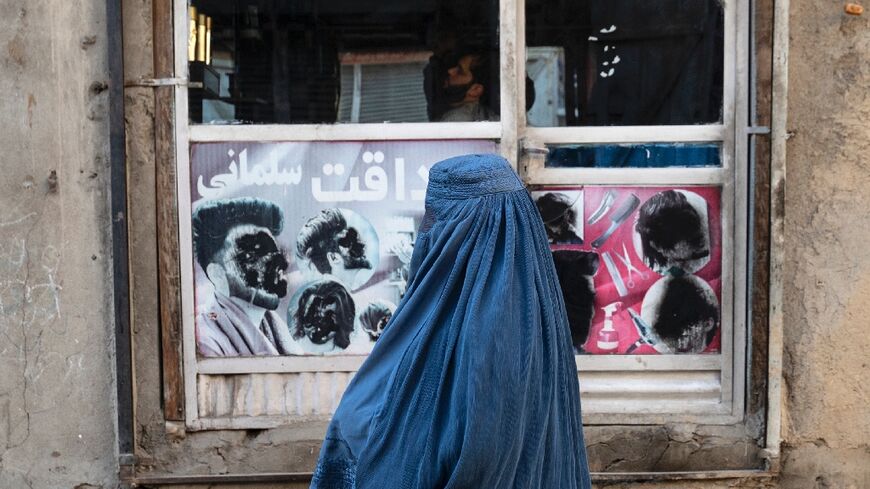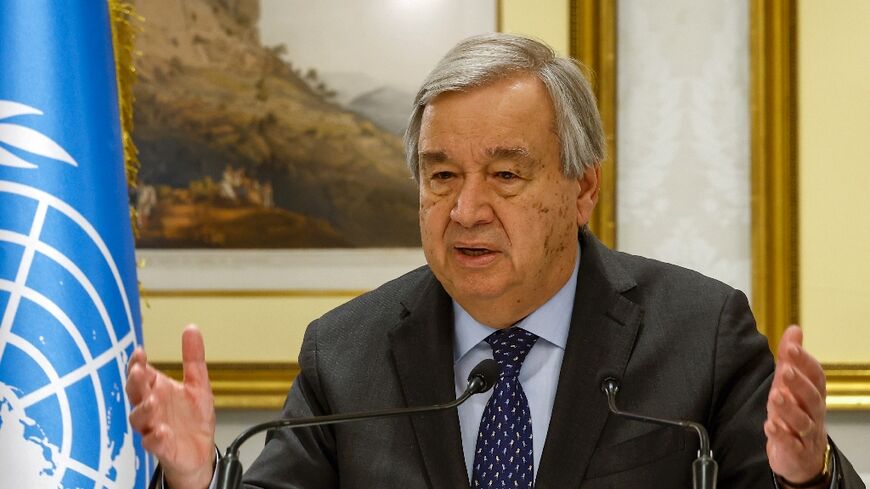Concessions to Taliban govt 'worth it' for Doha talks: EU envoy

Making concessions to Taliban authorities by excluding civil society groups from UN-hosted talks was a price worth paying for further engagement, the EU's special envoy to Afghanistan said Tuesday.
Rights groups have strongly criticised the UN move to exclude women's rights and other groups from the Doha meeting which ended Monday, in a compromise to allow the Taliban government's participation.
Civil society organisations and women's activists were given the chance to meet with officials and international envoys on Tuesday outside the official agenda though some chose to boycott the extra day of talks.
"To have the opportunity to talk with the Taliban, and they came, and to talk with these individuals, civil society, private sector, and they came... I think this was worth it", Tomas Niklasson told AFP.
"I think it was a good discussion. We know the controversy around the event. Some civil society members have boycotted it for various reasons and I understand the reasons," he added at the end of the Tuesday talks.
The UN-hosted talks began on Sunday and were the third such meeting to be held in Qatar in a little over a year, but the first to include the Taliban authorities who seized power in Afghanistan in 2021.
- 'Better than I feared' -
In the aftermath of the Taliban's return to power, the international community has wrestled with its approach to Afghanistan's new rulers.
The Taliban government in Kabul has not been officially recognised by any other government since it took power in 2021.
The authorities have imposed a strict interpretation of Islamic law, with women subjected to laws characterised by the UN as "gender apartheid".
The Taliban authorities have repeatedly said the rights of all citizens are guaranteed under Islamic law.
Niklasson said the talks with the Taliban government delegation to discuss increasing engagement with Afghanistan and a more coordinated response to the country, including economic issues and counter-narcotics efforts, had been "a good starting point".
Though he explained there had been "no commitment to change anything on their side and no commitment on our side to do anything more at this stage", the EU envoy said the meetings with the Taliban authorities had been "better than I feared".
He said conversations on private sector and market access had been positive and an area where "we find a lot of common ground".
"Will that answer satisfy a girl who has been at home for 1,000 days and without a proper school? Probably not. But I think my realistic expectation for this meeting was also not that we were going to be able to fix that in three days," Niklasson said.
- 'Willingness to continue' -
Plans for further UN talks with the Taliban government have not been confirmed but Niklasson said the authorities had "clearly expressed an interest and a willingness to continue".
"But I think for that we will need to solidly prepare meetings," he added.
In the opening session of their meetings with more than 20 assembled special envoys and UN officials the Taliban delegation said diplomats should "find ways of interaction and understanding rather than confrontation", despite "natural" differences in policy.
"Like any sovereign state, we uphold certain religious and cultural values and public aspirations that must be acknowledged," the head of the Taliban delegation, spokesman Zabihullah Mujahid said.
The delegation also pressed to end international sanctions with Mujahid questioning whether ongoing sanctions were "fair practice" after "wars and insecurity for almost half a century as a result of foreign invasions and interference".
Niklasson explained the EU has implemented UN sanctions and, as such, their removal would "have to be dealt with the Security Council".
He explained that those individuals listed under additional EU sanctions were "linked to human rights violations".
"So for our sanctions to be lifted, they would have to take different positions when it comes to the rights of women and girls, for example," the envoy said.


